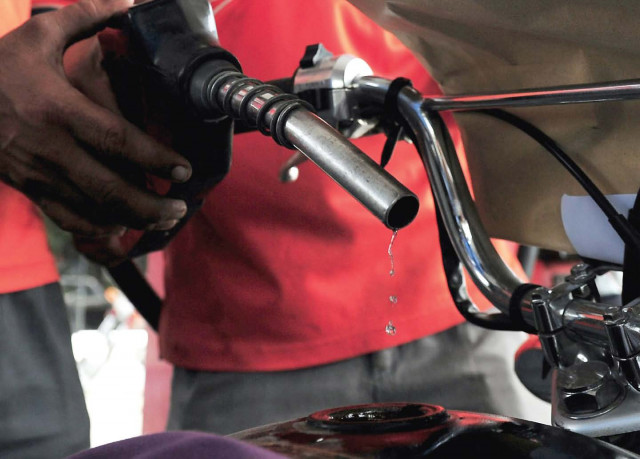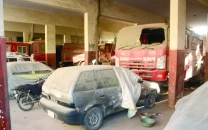Presidential ordinance empowers govt to raise fuel levy without limit
There is now no cap on the levy amount after ordinance issued by President Asif Ali Zardari.

The federal government has granted itself the authority to increase the petroleum levy at its discretion through a presidential ordinance, effectively removing any upper limit previously imposed on the levy.
Previously, the petroleum development levy (PDL) had a maximum cap of Rs 60 per litre, which was later increased to Rs 70 per litre.
However, following the issuance of the presidential ordinance, there is now no cap on the levy amount.
According to details, on Tuesday, a presidential ordinance was issued to abolish the Fifth Schedule, which had governed limits on the petroleum levy.
With the schedule repealed, the government is no longer bound by any restrictions and can now impose the levy at any rate it chooses.
Sources said that under the now-abolished Fifth Schedule, the government was legally restricted to a ceiling of Rs 70 per litre, but that condition no longer applies.
Despite a decrease in global oil prices, the government chose not to pass the benefit on to the public. Instead, it increased the petroleum levy via the ordinance.
Under the new ordinance:
-
The levy on petrol has been increased by Rs 8.02 per litre, bringing the total levy to Rs 78.02 per litre.
-
The levy on diesel has been increased by Rs 7.01 per litre, bringing the total to Rs 77.01 per litre.
Despite these increases, the Ministry of Finance has issued a notification stating that petroleum prices will remain unchanged for the next 15 days.
Earlier, the federal government decided not to reduce domestic petroleum rates, choosing instead to allocate the savings to key infrastructure and development projects in Balochistan, according to a statement issued by the Prime Minister’s Office (PMO) on Tuesday.
Prime Minister Shehbaz Sharif, during a federal cabinet meeting, announced that the funds saved from the global oil price dip would be used to dualise the strategic N-25 Highway — the Chaman–Quetta–Kalat–Khuzdar–Karachi route.






















COMMENTS
Comments are moderated and generally will be posted if they are on-topic and not abusive.
For more information, please see our Comments FAQ